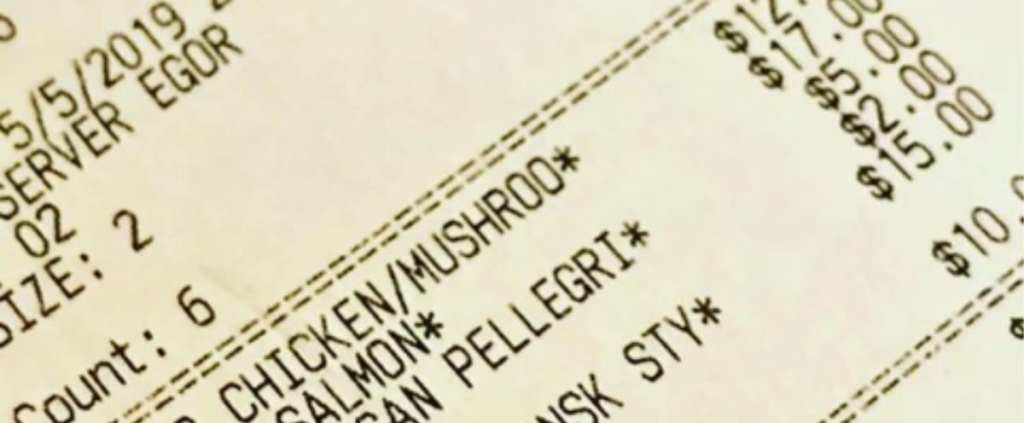It’s funny how often we pick up phrases, even use them on a regular basis, that sound totally bizarre when we stop to think about it.
‘Going Dutch’ is definitely one of those turns of phrase for me. My parents used it, so I use it, but I never stopped to ask what the Netherlands has to do with splitting a check.
Well, all of that ends today, my friends! So if you find yourself similarly curious, please come along for the ride.
First of all: the phrase actually comes from Germany, not Holland at all.
It began in the 17th and 18th centuries, when many Germanic folks were finding their way across the Atlantic to Pennsylvania. The German word for German (oddly enough) is Deutsch, and “High Dutch” was a common nickname for certain people living in parts of Germany – so when they made their way over, Americans took to referring to them as “Pennsylvania Dutch.”
The group of people quickly developed a reputation for always paying their debts (much like the Lannisters, I suppose), and would always choose to pay their own share at restaurants in order to avoid owing anyone money.
Instances can be seen in the media as early as 1873, when The Daily Democrat suggested pub crowds might avoid so much arguing at the end of the night if they chose “the Dutch treat.” In 1897, a writer for Morning Journal stated that he and his friends “go on the ‘Dutch lunch’ plan: everybody for himself.”
So while the phrase may have originated as “Dutch treat” or “Dutch lunch,” “going Dutch” is the idiom that stuck (first seen in print around 1914).
Interestingly, only in Turkey do they still call splitting the check “to pay the German way.” In Egypt, the English get the blame/credit (“English-style”), and in Pakistan, they call it “the American system.”
Splitting the bill is growing in popularity worldwide, so don’t be afraid to suggest it at your next meal – and now you can wow your friends with the knowledge of where ‘going Dutch’ came from to begin with!






